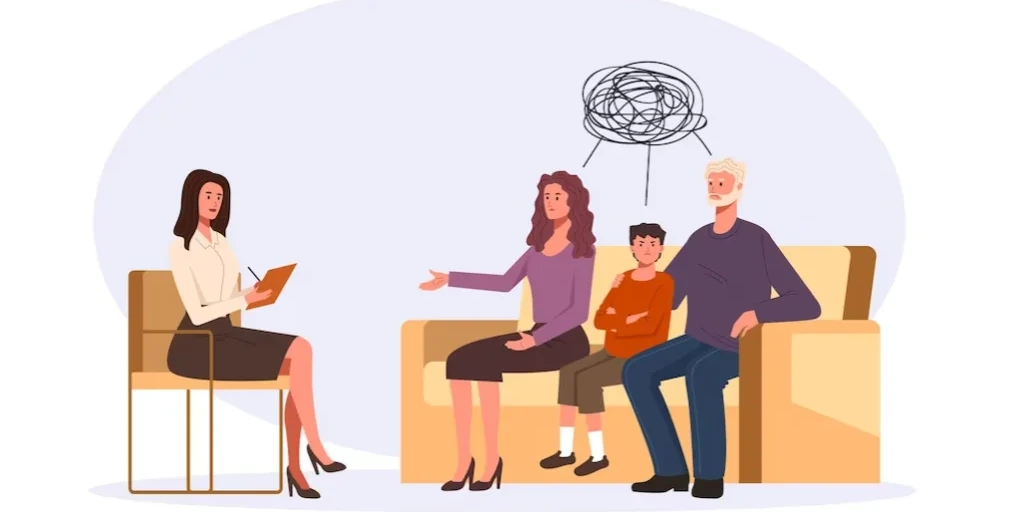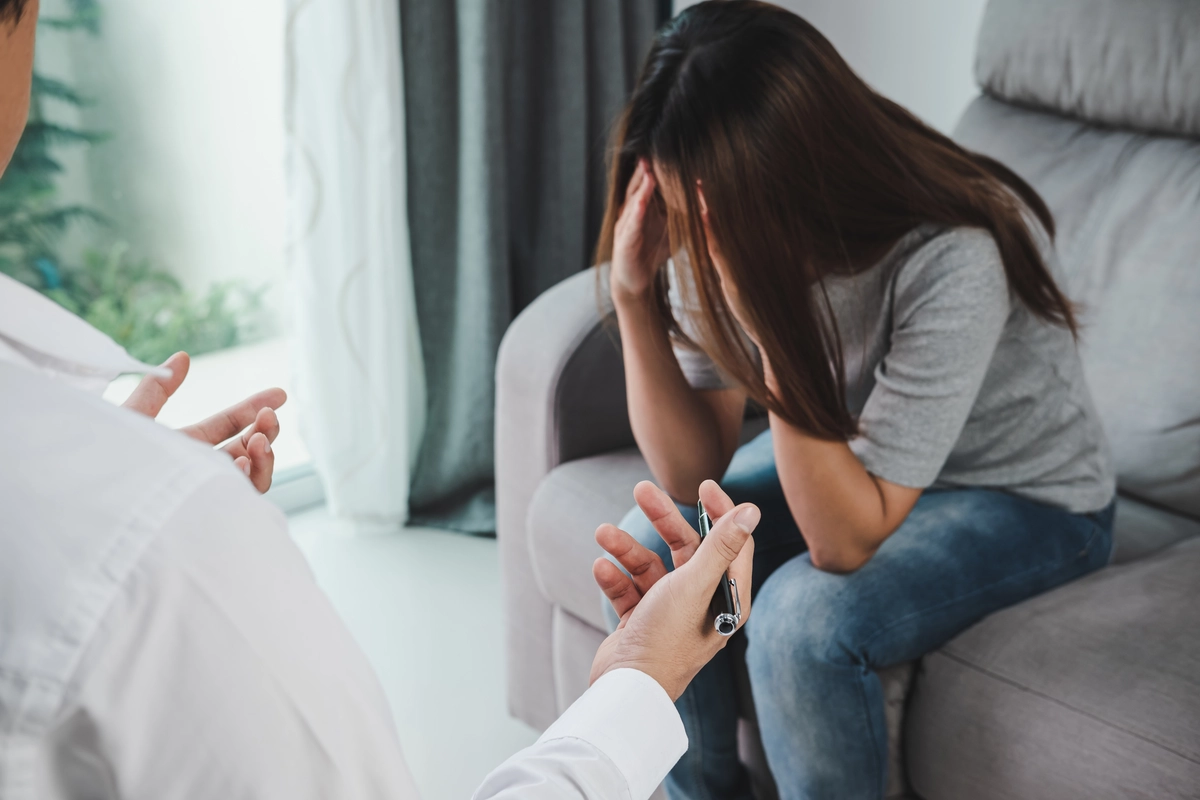24/7 Helpline:
(866) 899-221924/7 Helpline:
(866) 899-2219
Learn more about Bipolar Disorder Treatment centers in Commerce
Bipolar Disorder Treatment in Other Cities

Other Insurance Options

Humana

Private insurance

WellPoint

Excellus

Anthem

BlueCross

ComPsych

Ambetter

Oxford

Self-pay options

PHCS Network

Carleon

Premera

Horizon Healthcare Service

Providence

Access to Recovery (ATR) Voucher

Coventry Health Care

Cigna

Absolute Total Care

Evernorth

Adolescent Growth
Adolescent Growth provides outpatient and inpatient services for teens with mental health challenges...

Penny Lane Centers
Penny Lane Centers is a private rehab located in Commerce, California. Penny Lane Centers specialize...

Robert Dail Memorial Treatment Center
Robert Dail Memorial Treatment Center is a private rehab located in Commerce, Georgia. Robert Dail M...

Enki East Los Angeles Mental Health Services
Enki East Los Angeles Mental Health Services is a private rehab located in Commerce, California. Enk...

Hannas First Step Treatment Center
Hannas First Step Treatment Center is a private rehab located in Commerce, California. Hannas First ...

ADF Counseling
ADF Counseling is a private rehab located in Commerce, Michigan. ADF Counseling specializes in the t...



West Michigan Community Mental Health
West Michigan Community Mental Health is located in Baldwin, Michigan. West Michigan Community Menta...

South Nassau Communities Hospital – Mental Health
South Nassau Communities Hospital – Mental Health is a private rehab located in Baldwin, New York. S...

South Shore Association – Community Treatment
South Shore Association – Community Treatment is a private rehab located in Baldwin, New York. South...

















Northwest Counseling Services
Northwest Counseling Services is a private rehab located in Baldwin, Wisconsin. Northwest Counseling...



























